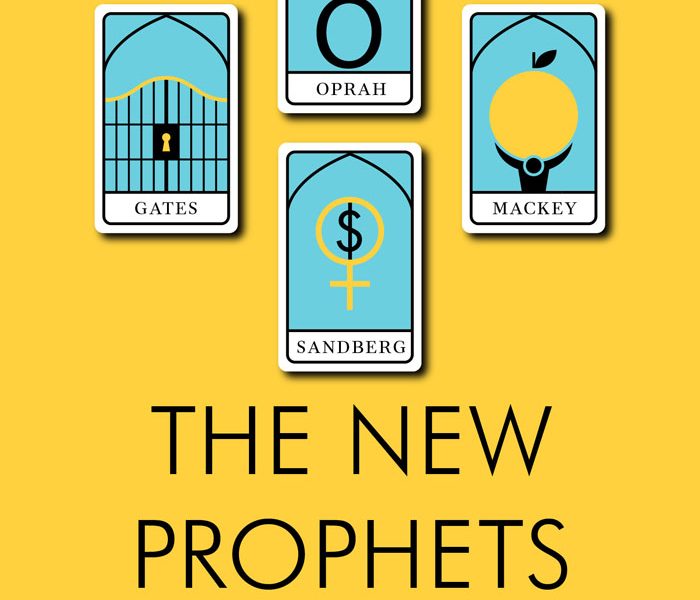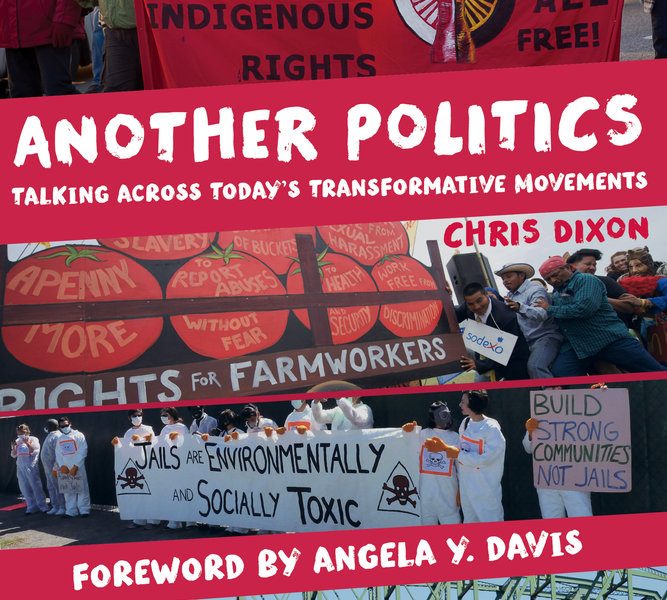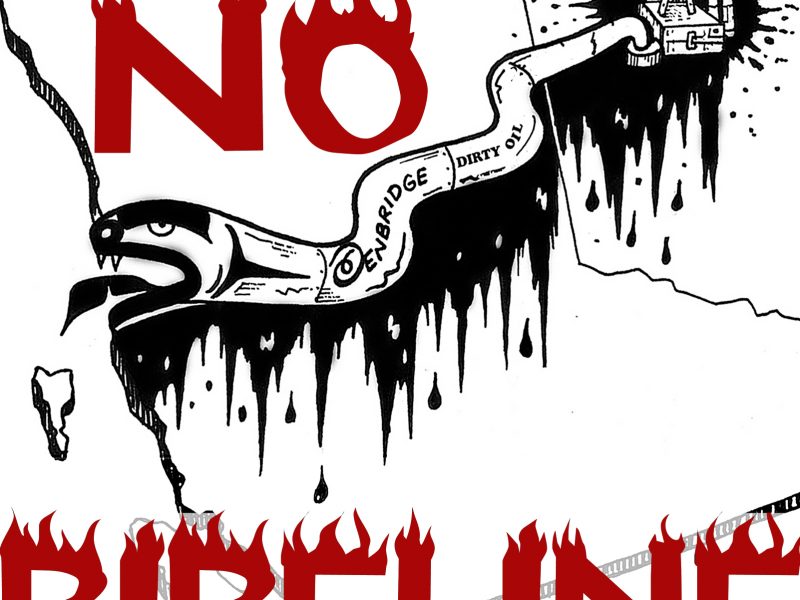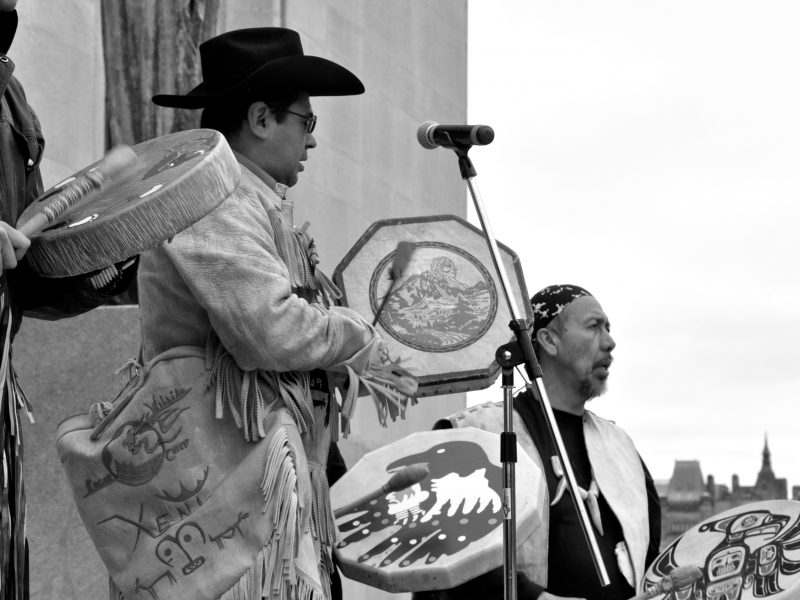Review of Nicole Aschoff, The New Prophets of Capital (Verso Books, 2015)
Storytelling is important to humans. Storytelling is equally as important to capitalism. In her new book Nicole Ashoff examines the elite in in our society and the stories they tell. She calls them, as the title suggests, “The New Prophets of Capital.”
Many people go to jobs they don’t like and produce things that don’t improve human life. Nicole Aschoff asserts – and I am inclined to agree with her – that this is a strange way to organize society.









